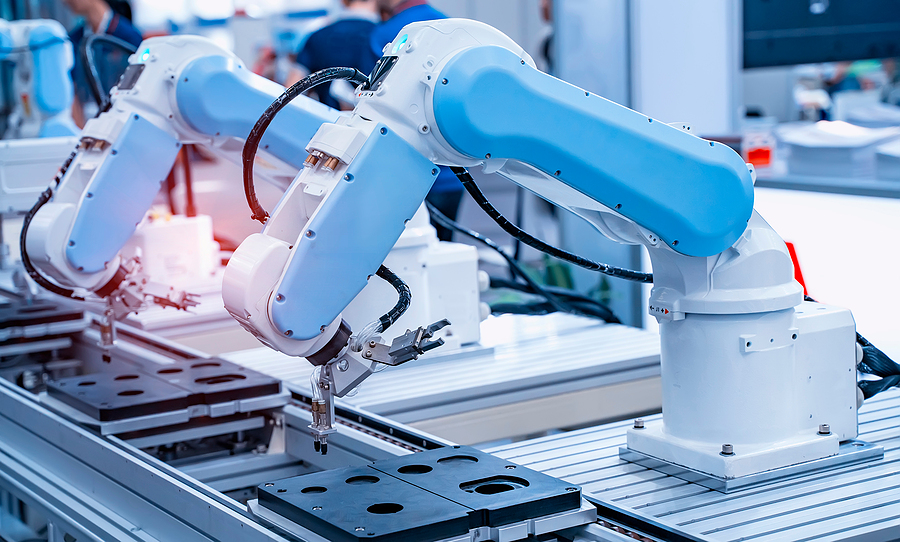It seems that there may be substantial public support for the use of robotics in healthcare in the future, given how the coronavirus crisis has played out, with new research revealing that 36 per cent of people believe this kind of technology could be used to increase manufacture of PPE and 33 per cent think unattended aerial vehicles could help with social distancing.
Carried out by the Engineering and Physical Sciences Research Council (EPSRC), the survey also found that 28 per cent believe robotics could have a vital role to play in the automation of cleaning and disinfecting public spaces.
The poll was commissioned to mark the start of this year’s UK Robotics Week, running from June 22nd to the 28th, finding that manufacturing came top of the list of sectors that people believe robotics would be most useful in.
This was followed by logistics, military and defence. Although just 17 per cent of those asked said they thought robotics should be most used in the healthcare sector, this field was also the one where most people expect to see the quickest advancements over the next 12 months.
Chair of the EPSRC UK-RAS Network professor Robert Richardson said: “Throughout the COVID-19 pandemic, we’ve seen examples of specific tasks that robots are able to carry out while removing humans from risk – including disinfecting spaces and transporting medical supplies and food around hospitals – and UK Robotics Week offers a fantastic opportunity to explore how robotic systems can both contribute to our everyday life and work, and also help us prepare for and adapt to unexpected events.”
UK Robotics Week was launched in 2015 and new for this year is the Medical Robotics for Contagious Diseases Challenge, where leading robotics research teams from all over the world submit innovative ideas to find potential solutions as part of a response to the current health crisis, as well as future pandemics.
Interestingly, back in May robotics researchers from the University of Southern Denmark developed the first fully automatic robot in the world that is capable of carrying out throat swabs for coronavirus, meaning that healthcare professionals aren’t exposed to the risk of infection.
It took the team just four weeks to develop the automatic throat swab robot, with the first patients scheduled to be swabbed by late June. The robot holds a 3D printed disposable tool and hits the spot in the throat from which the sample must be collected, before putting it into a glass and screwing the lid on to seal the sample.
The robot could also be used for mass screening in the healthcare sector, but also in relation to border control or in airports.
For help and advice relating to thermometer calibration, get in touch with the team here at Forest Medical today.

